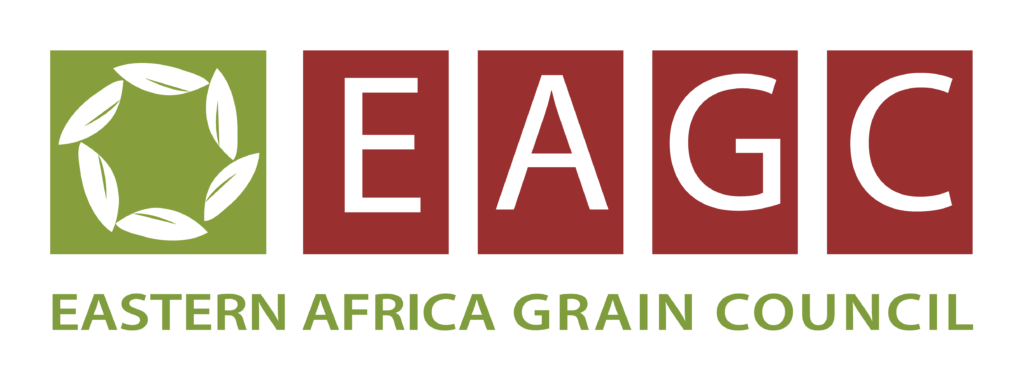EAGC is supporting the development of the National Food Safety Policy to promote food safety in the country, The Council is set to host a consultative meeting with the food industry stakeholders to present findings from the development of the policy and get more inputs before making a submission for amendment of the bill.
In 2013, the Government of Kenya through the Ministry of Health developed and adopted a National Food Safety Policy. . However, the bill was marred with lack of clarity in the institutional set up, limited statements on the role and functions of the proposed Food Safety Authority, lack of detail to address key food safety concerns and lack of clarity in streamlining institutional mandates. These inadequacies rendered the bill insufficient to guide the building of a responsive food safety system, necessitating the need to develop a new National Food Safety Policy that addresses the recurrent, emerging and re-emerging issues around food safety.
The Government of Kenya through a taskforce of policymakers and food safety specialists, and policy related agencies from EAGC, the Ministries of Agriculture, Livestock, Fisheries and Cooperatives, Health, the East Africa Community, United States regulatory experts, Trademark East Africa, United Nations Industrial Development Organization (UNIDO), Trade in Agriculture Safely and Efficiently (TRASE) project developed the Draft National Food Safety Policy (2021).
The task force identified the following gaps in the draft national food safety policy and proposed recommendations as follows:
- Vagueness in the proposed policy interventions – The Policy should describe how each intervention will be implemented, and state implementation guidelines and timelines to track progress.
- Lack of Segregation of roles and responsibilities among state agencies and other stakeholders – The Policy should segregate roles in the food safety system by assigning each stakeholder clear cut mandates with clearly defined roles and responsibilities.
- Assumption of knowledge of food safety principles -The policy should include food safety principles training curriculum in place to capacity build industry stakeholders
- Lack of guidelines on handling unsafe/ rejected food – A guideline should be developed clearly outlining procedures to be followed in the case of unsafe food, with reporting procedures, disposal procedures, penalties and fines to be charged
- Lack of incentives towards food safety -The Policy should develop ways to incentivize food safety through reduction of compliance costs, removal of VAT on various food safety and food handling equipment
- Lack of self-regulation provisions in the policy – A stand-alone policy intervention that allows mechanisms to establish self–regulation systems within government-stipulated laws. Industry Self-regulation will enact voluntary standards set through formal coordinated approaches of key stakeholders in the supply chain.

